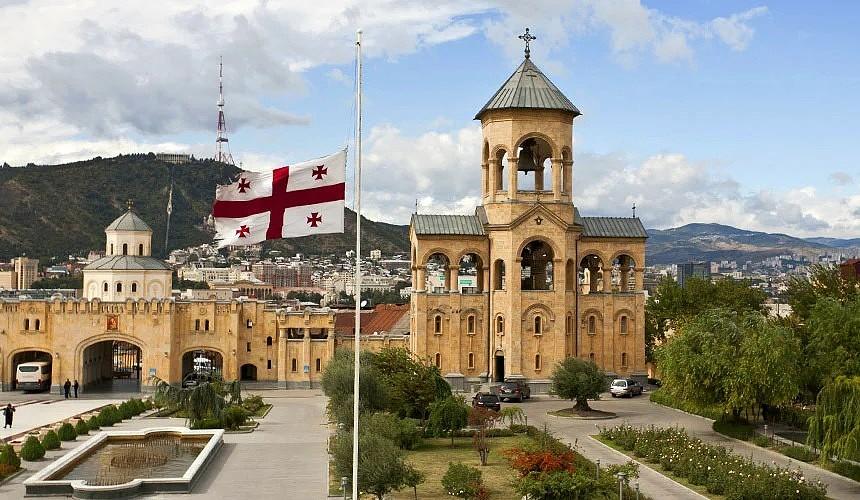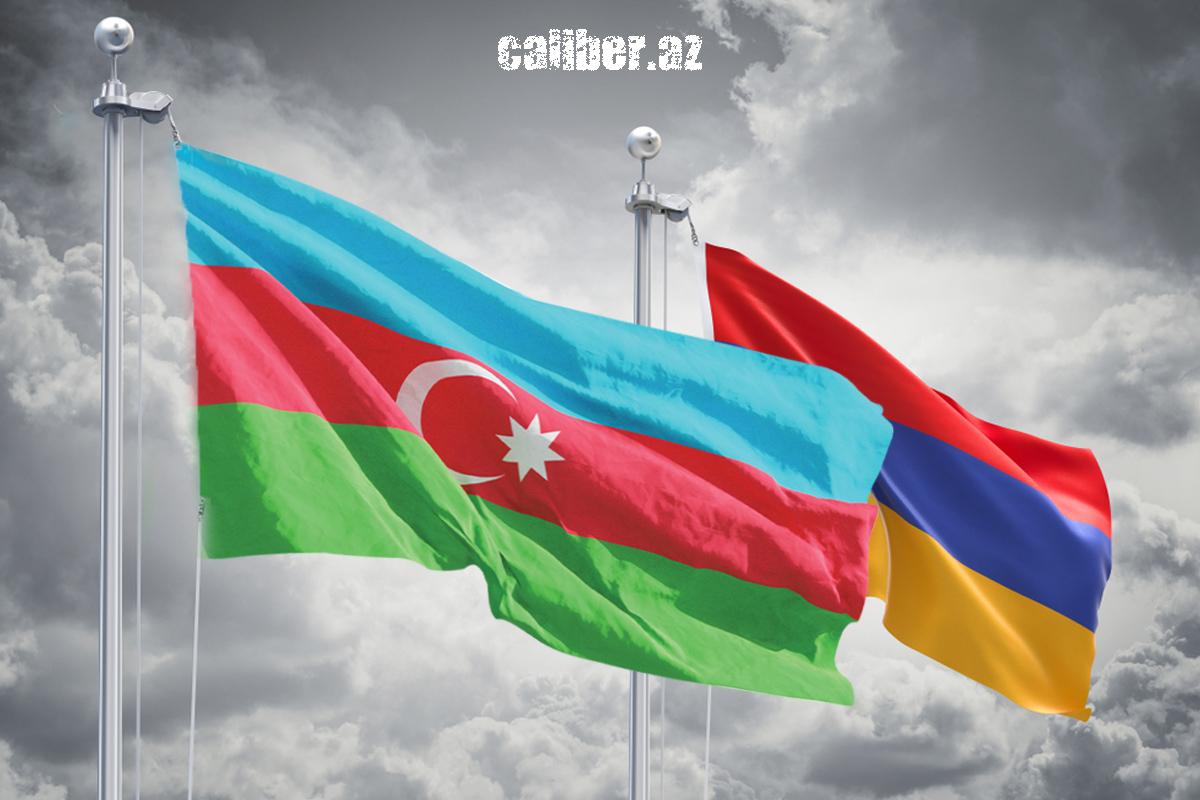"Europe won't make sacrifices for Georgia's sake" Caliber.Az from Tbilisi
Caliber.Az had an interview with Georgian political scientist Nick Bitsadze.
- Recently Georgia and the US approved the concept of military cooperation for 10 years. What does it mean for Tbilisi in terms of security guarantees?
- The adopted concept is a part of the years-long work and consultations between the US and Georgia. It just sums up the agreements and cooperation that have been going on for many years. The document implies a continuation of the security relationship between the two states. Moreover, Georgia's Euro-Atlantic strategy is largely based on cooperation with and support from the United States.
Admittedly, not everyone in Europe takes a favourable view of Georgia's strategy of joining the alliance. And in the country itself after the start of the events in Ukraine, there were many sceptics of Euro-Atlantic orientation. Europe has still not made a choice between energy and security. From this point of view, cooperation with the US is more stable, because the Americans are not facing such a choice. Their support is more concrete and firm. Georgia understands that amid recent events it will be difficult to convince some European states in the expediency of its admission into the Euro-Atlantic alliance to avoid a new action by Russia.
- What is your attitude to the Georgia-Azerbaijan-Türkiye cooperation format?
- I believe that this format is promising for all three states. Baku-Tbilisi-Ceyhan, Baku-Tbilisi-Erzurum, and Baku-Tbilisi-Supsa are the most important regional projects that embody the trust of neighbouring states in each other.
Along with energy transit, trade and exchange of human resources are growing. The importance of this format of relations is increased by the recent initiative to establish a parliamentary assembly of the three states, which will help better respond to the challenges that arise in the region while strengthening cooperation with each other.
Hopefully, there is also a growing understanding that reliable partners are badly needed now and that confrontation is mutually disadvantageous.

- What is your attitude towards Georgia's foreign policy today?
- I cannot say that the Georgian foreign policy has undergone substantial changes in recent decades. However, changes have been observed in the state's foreign policy rhetoric. Whereas previously the direction was unconditional and unwavering, today every step is taken more cautiously and deliberately. This often stretches the process but carries fewer risks. Integration into European and Euro-Atlantic structures is still a maximum program, but not to the detriment of national interests.
- In your opinion, how long will Georgia have to wait for full membership in the EU and NATO?
- Membership in the EU and NATO are two independent, individual processes. If we talk about the EU, I think that Georgia still has to go a certain way toward democratization. We have on the agenda reforms of elections, education, protection of human rights, and judicial reform. For the EU, we also need to prepare the Georgian market so that our goods are competitive.
As for NATO, this is a matter of political will. The reality is that Georgia's admission to the alliance, as far as I understand it, would be to the detriment of the national interests of some European countries, which care more about maintaining economic relations with Russia. And it's hard to blame them. Even if it seems morally wrong, we should not forget that every government depends on the will of the voters, and voters freezing in winter are unlikely to be delighted with the government's actions and no one will go for these sacrifices for the sake of Georgia at this point in history.
- What is Georgia's policy towards Abkhazia and South Ossetia?
- Georgia refuses a military solution to this territorial issue. The country believes that consistent reforms and economic development are the best strategies for these regions. Making Georgia more attractive to the residents of these regions is the best way to show that cooperation will be beneficial and risk-free for them. Georgia has been consistently pursuing such a policy for a long time, and integration into Western structures is part of this strategy. Even if we do not take into account the actions of the government, the idea of a military solution to the territorial issues is not welcomed by the population either. As the events of 1992 and 2008, which are still fresh in the memory, and some more recent examples showed, the war only exacerbates the conflict, not leading to its solution.

- Azerbaijan and Armenia have created state commissions on border delimitation, which have already had their first meetings. How effective do you think their activities will be? And, in general, will Azerbaijanis and Armenians finally reconcile?
- If you revise the history of international relations, the delimitation-demarcation issue is usually solved between states that are inclined to permanently resolve territorial disputes and are ready to cooperate on the issue. Now it looks more like a round of competition than a desire for constructive dialogue. I assume that this will become a pretext for new mutual claims and accusations rather than what it should be. This is a very important point that should be the end point of a fully established relationship, not the reference point of some other process. Peace is possible wherever the parties are ready for it, and peace between Azerbaijan and Armenia can become a new historical chapter for our region.
- How do you assess the current level of Georgian-Azerbaijani relations?
- The relations between the two countries have a positive dynamic. Keeping the Azerbaijani-Georgian strategic partnership at the proper level is an important task both for strengthening the independence of Central Asia and the Caucasus and for unhindered access of the West to Central Asia. This partnership becomes even more important for the East-West land trade routes linking Europe to Asia, which stimulates China's interest in regional stability as well.
Small rough edges between Baku and Tbilisi do not pose a threat to the strategic relationship between the two countries, but it has become clear that if they are not resolved, this seemingly stable and trustworthy relationship could easily fall victim to a lack of dialogue on crisis issues, which could be exploited by parties interested in the disunity of the two neighbours.








